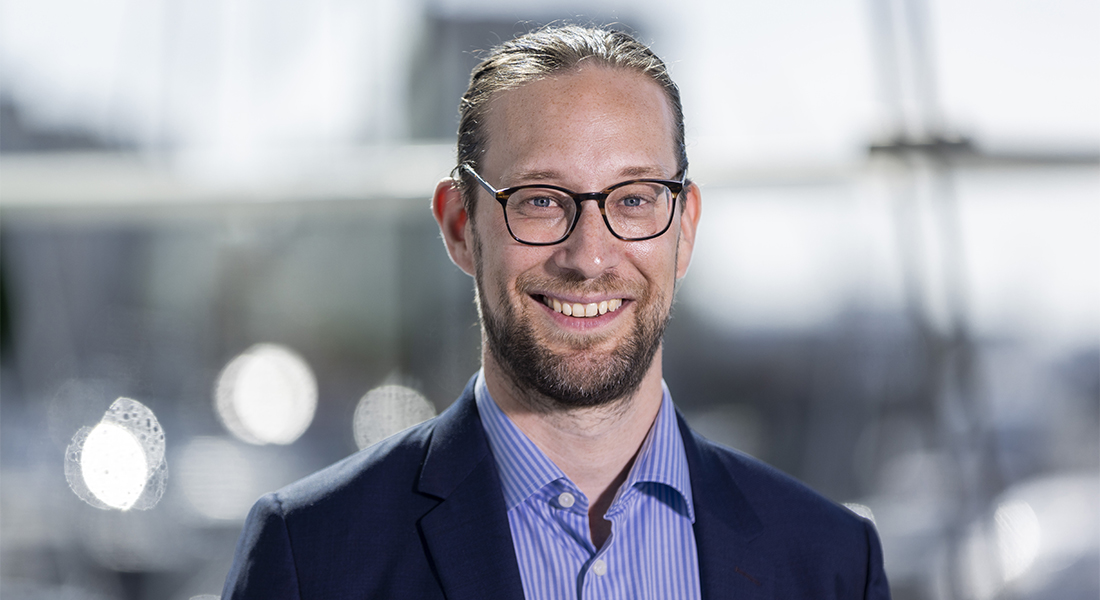Fault-tolerant quantum input/output

Speaker: Matthias Christandl
Abstract: Usual scenarios of fault-tolerant computation are concerned with the fault-tolerant realization of quantum algorithms that compute classical functions, such as Shor's algorithm for factoring. In particular, this means that input and output to the quantum algorithm are classical. In contrast to stand-alone single-core quantum computers, in many distributed scenarios, quantum information might have to be passed on from one quantum information processing system to another one, possibly via noisy quantum communication channels with noise levels above fault-tolerant thresholds. In such situations, quantum information processing devices will have quantum inputs, quantum outputs or even both, which pass qubits among each other.
Working in the fault-tolerant framework of [Kitaev, 1997], we show that any quantum circuit with quantum input and output can be transformed into a fault-tolerant circuit that produces the ideal circuit with some controlled noise applied at the input and output. The framework allows the direct composition of the statements, enabling versatile future applications. We illustrate this with two concrete applications. The first one concerns communication over a noisy channel with faulty encoding and decoding operations [Christandl and M{ü}ller-Hermes, 2024]. For communication codes with linear minimum distance, we construct fault-tolerant encoders and decoders for general noise (including coherent errors). For the weaker, but standard, model of local stochastic noise, we obtain fault-tolerant encoders and decoders for any communication code that can correct a constant fraction random errors. In the second application, we use our result for a state preparation circuit within the construction of [Gottesman, 2014] to establish that fault-tolerant quantum computation for general noise can be achieved with constant space overhead.
Link to publication: https://arxiv.org/abs/2408.05260
